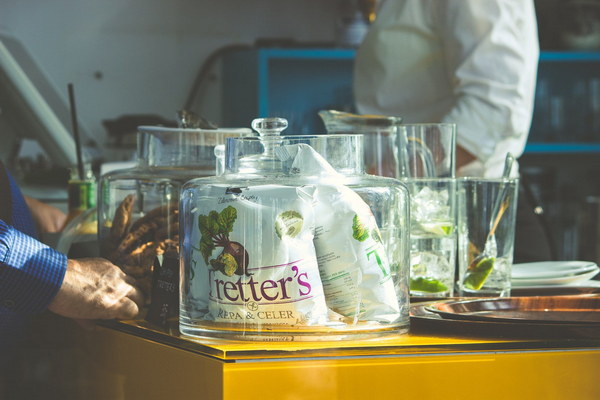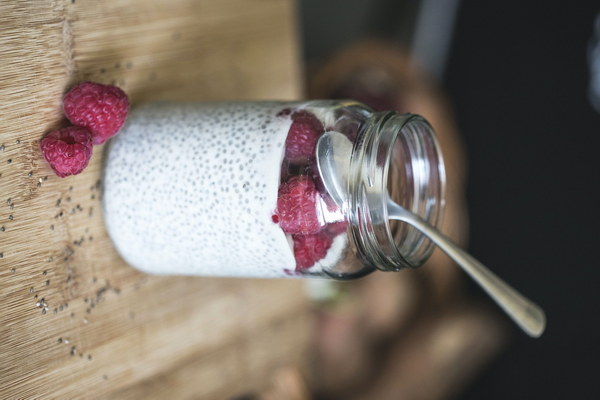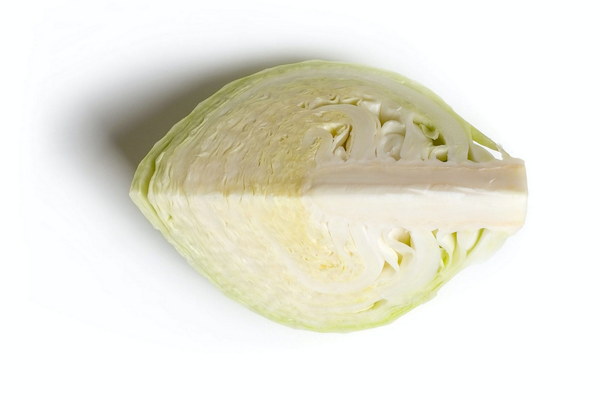The Top 5 Chinese Herbs to Avoid for Liver Protection
The liver is a vital organ responsible for detoxifying the body and metabolizing nutrients. As such, it requires special care and attention. While certain herbs can help in protecting and enhancing liver function, some may actually do more harm than good. Here, we discuss the top 5 Chinese herbs to avoid for liver protection.
1. Manjakani (Garcinia mangostana)
Manjakani, also known as mangosteen, is a popular fruit in Southeast Asia. It is believed to have numerous health benefits, including liver protection. However, some studies suggest that manjakani may contain xanthones, which can be harmful to the liver. Xanthones are a group of naturally occurring compounds found in various plants, and they can accumulate in the liver, leading to liver damage.
2. Ephedra (Ma huang)
Ephedra, or ma huang, is a traditional Chinese herb used for weight loss and respiratory conditions. However, it is highly toxic and can cause liver damage. The active compound in ephedra, ephedrine, can increase the risk of liver failure, especially in individuals with pre-existing liver conditions.
3. Aconitum (Fu ling)
Aconitum, or fu ling, is a toxic plant that contains aconitine, a potent neurotoxin. Although it is used in some traditional Chinese medicine formulas, it can cause severe liver damage if not used properly. Aconitum can lead to liver failure, heart failure, and even death.
4. Bupleurum (Chai hu)

Bupleurum, or chai hu, is commonly used in Chinese medicine to treat liver and gallbladder disorders. However, some studies suggest that bupleurum can cause liver damage in certain individuals. The risk of liver damage is higher when bupleurum is combined with other herbs or taken in high doses.
5. Licorice (Gan cao)
Licorice, or gan cao, is a well-known Chinese herb used for various health conditions, including liver protection. However, excessive consumption of licorice can cause liver damage. High levels of glycyrrhizin, the active compound in licorice, can lead to increased blood pressure, heart palpitations, and liver dysfunction.
In conclusion, while certain Chinese herbs can help protect the liver, it is crucial to be cautious and avoid those that may cause harm. If you are considering using any Chinese herbs for liver protection, it is advisable to consult with a qualified healthcare professional. They can provide guidance on the appropriate use of these herbs and help minimize potential risks.
To ensure liver health, it is also important to adopt a healthy lifestyle. This includes maintaining a balanced diet, exercising regularly, avoiding alcohol and other harmful substances, and getting enough sleep. By combining proper herbal treatment with a healthy lifestyle, you can effectively protect and enhance your liver function.









